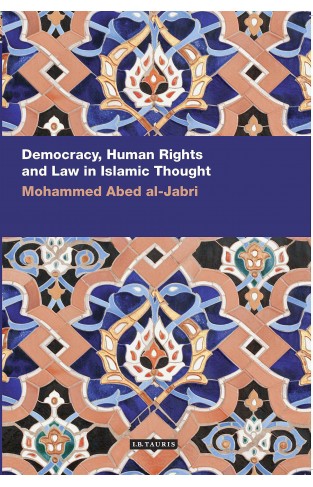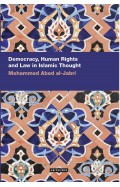- Home
- Categories
- Non Fiction
- History
- Democracy Human Rights and Law in Islamic Thought International Library of History
Democracy Human Rights and Law in Islamic Thought International Library of History
By: David Waines
-
Rs 1,796.25
- Rs 2,395.00
- 25%
You save Rs 598.75.
Due to constant currency fluctuation, prices are subject to change with or without notice.
| Book | |
| What's in the Box? | 1 x Democracy Human Rights and Law in Islamic Thought International Library of History |
Democracy Human Rights and Law in Islamic Thought International Library of History
By: David Waines
Rs 1,796.25 Rs 2,395.00 Ex Tax :Rs 1,796.25
Zubin Mehta: A Musical Journey (An Authorized Biography)
By: VOID - Bakhtiar K. Dadabhoy
Rs 472.50 Rs 1,050.00 Ex Tax :Rs 472.50
The Communist Manifesto - (PB) Liberty Publication
By: Karl Marx
Rs 355.50 Rs 395.00 Ex Tax :Rs 355.50
Manning Up: How the Rise of Women Has Turned Men into Boys
By: Kay Hymowitz
Rs 646.75 Rs 995.00 Ex Tax :Rs 646.75
The Communist Manifesto - (PB) Liberty Publication
By: Karl Marx
Rs 355.50 Rs 395.00 Ex Tax :Rs 355.50
No recently viewed books available at the moment.
Zubin Mehta: A Musical Journey (An Authorized Biography)
By: VOID - Bakhtiar K. Dadabhoy
Rs 472.50 Rs 1,050.00 Ex Tax :Rs 472.50
Democracy Human Rights and Law in Islamic Thought International Library of History
By: David Waines
Rs 1,796.25 Rs 2,395.00 Ex Tax :Rs 1,796.25
The Communist Manifesto - (PB) Liberty Publication
By: Karl Marx
Rs 355.50 Rs 395.00 Ex Tax :Rs 355.50














-120x187.jpg?q6)














